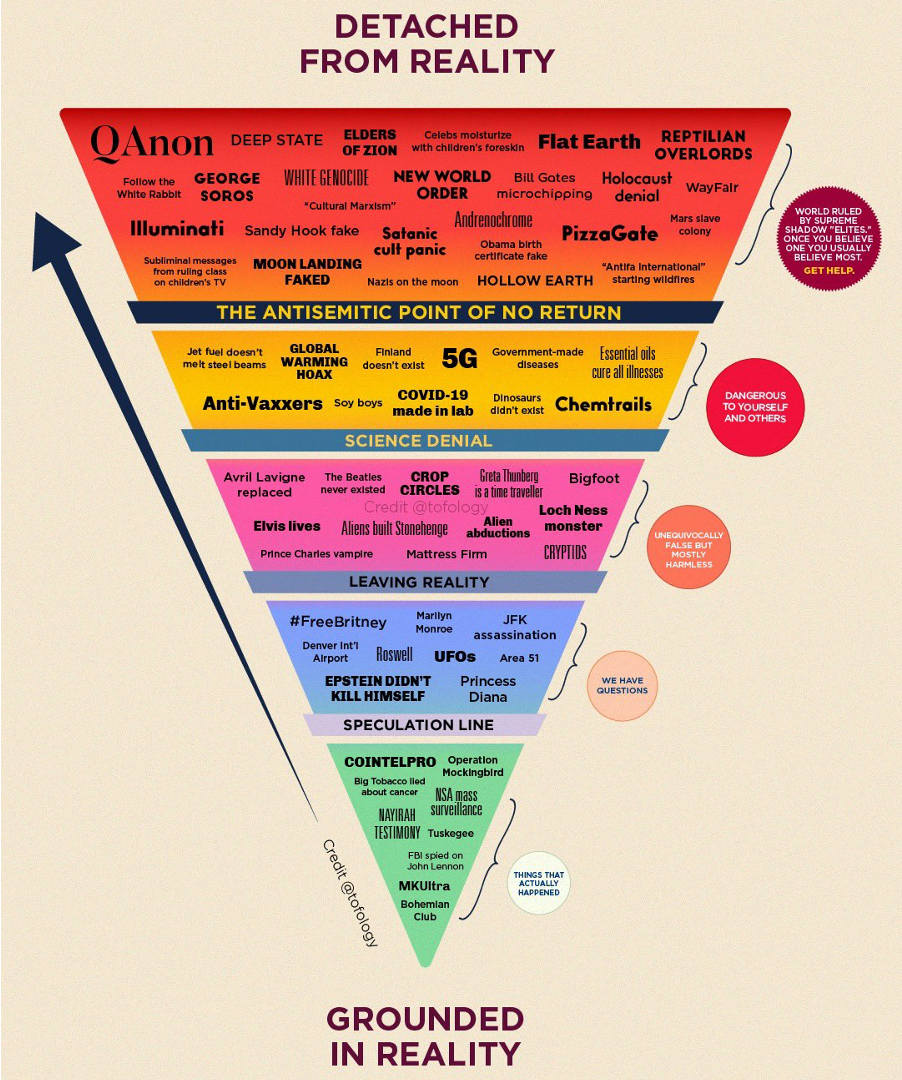|
Last week I was a part of Mediate BC's "Unconference" which was a virtual gathering of people who work in the Conflict Resolution/Mediation space to build on one another's collective wisdom and applying great ideas to practice. Two gentlemen and I wanted to discuss racism and critical thinking. Lofty goals for a 45 mins segment. So we narrowed down to discussing 'faulty logic' which underlies a lot of racist justifications. This is particularly apparent given that election results are still pouring in in the United States. Specifically, what we are seeing is in many individualistic societies, a debate means one person wins, another person loses. Rather than creating collective, collaborative solutions for both. On top of this, with the expanse of global communications and infinite information, instead of having greater knowledge, we are finding people can find niche communities to justify their beliefs. A great example of this is the rise of QAnon. Which, oversimplified, grew from a group of people who around two decades ago started discovering atheism and science instead of their (usually) Christian upbringing. They realized that some things don't make sense, and that science had better answers to some of life's questions. They, then, felt awakened by knowledge and got positively reinforced to challenge the status quo by like-minded individuals. The "challenging of religious ideals" then created momentum and after events like 9/11 and Al-Qaeda and ISIS (aside: which, are also going through their own faulty logic and aren't' actually rooted in Islamic beliefs anymore either), anti-religious became anti-Muslim. Some people stopped their journey there, but many others, on the 'high' of discovery and this new sense of community wanted to challenge more. So they started challenging the very thing that had brought them answers previously. How could they believe in science when not all scientists agree on topics? It didn't feel secure to 'bet on the horse' that constantly has ongoing discussions and debates. And how can you be reinforced for being 'right' if there is no 'right' answer yet? This group, then, started praising each other for challenging science and, thus, arose the anti-vaxxers and 'climate change is a hoax' groups because not all scientists were unified on this issue (n.b., which is not true, once you take into account retractions and corporation-sponsored research). From there, the 'challenge everything' kept growing and with a globally-connected community continually reinforcing each other, we are now faced with an ever-growing (and almost mainstream) group of flat-earthers, conspiracy theorists, and QAnon. I discuss this because I want to show how consistently surrounding yourself with only people who share your views creates an echo chamber. You are reinforced that your ideas are right and never expose yourself to people or ideas that challenge that.
We are now at the point where we are forgetting to have these other conversations. Or perhaps you grew up in 'polite society' where you were told not to have these conversations and don't know how to have them. We either avoid or we fight because both parties think they are being rational and logical and that "they are right". But first, we need to check ourselves. Ask yourself:
Being open and humble in what you know and don't know is challenging but it's also very freeing. Removing your ego from things that aren't tied to your identity takes an enormous weight off. Once you have done some introspection it's time to have some real conversations. If people
For example, the same underlying value of protecting human rights is there to justify people wanting others protected and to wear masks as it is to justify why people don't want mandatory masks because it infringes on choice. So finding that collective underlying value is important to find a common ground to start hosting a conversation. There's a great example of a guy on TikTok who initially wanted to 'expose' how dumb the other viewpoints are but has slowly been changing his approach to be genuinely curious. From this curiosity, he ends up finding commonality and has even changed a few people's minds. It's important to remember that we are all in some form of social isolation right now, so we don't need to isolate ourselves even further. It's time to extend hands, bridge gaps, and grow.
0 Comments
Leave a Reply. |
Archives
November 2020
Categories
All
|

 RSS Feed
RSS Feed
